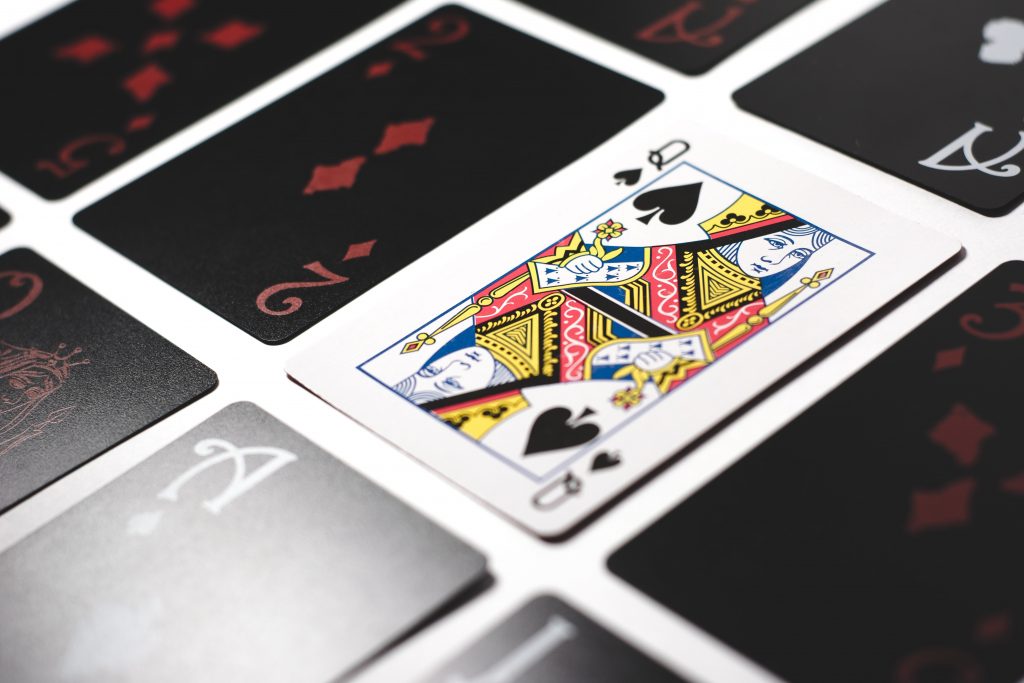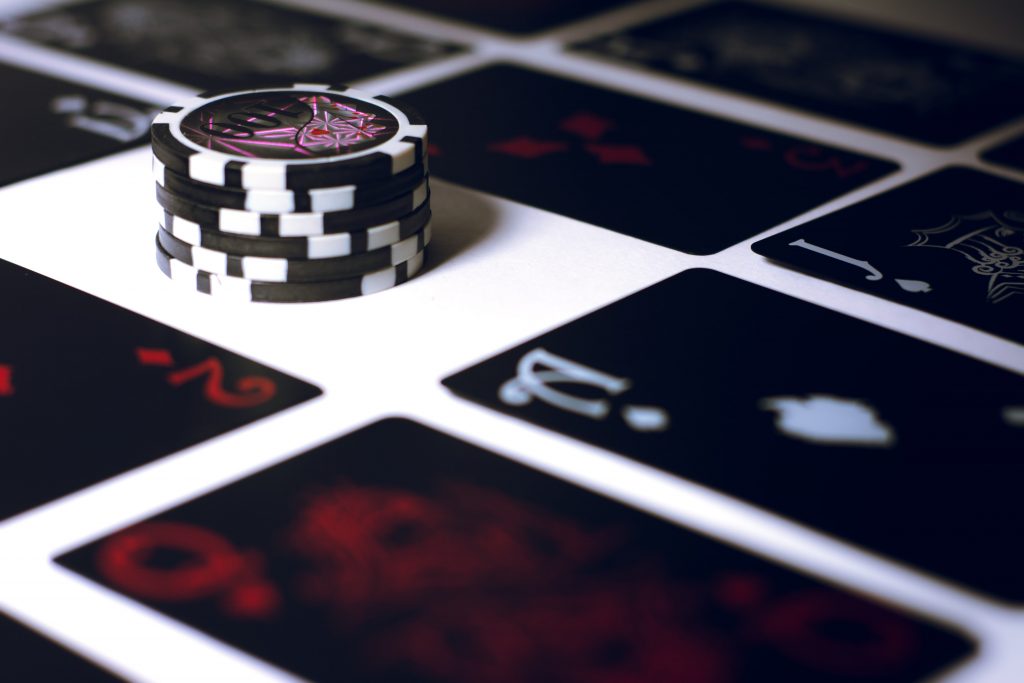It’s always a great feeling when you win at poker. Success in online and live dealer poker depends a lot on getting as much value as possible with your good hands. With that in mind, here are a few things you should know.
Raises
First of all, make sure you don’t seem obvious when you want to get the most value out of a good hand. The best way to achieve this is by using the same preflop raise sizes. Some people choose to limp with strong hands to hide the fact that they just have a good hand. However, this is rarely the best idea and you should avoid adding it to your collection of poker strategies. Your opponents may not be able to imagine that you have a pair of kings or a pair of aces. However, you also won’t have a chance of knowing what they’re doing. You will also create a greater chance of more players joining the hand, which can make the hand harder to play after the flop. At the same time, you’ll also keep the pot low compared to if you raised, which is obviously not optimal in good-hand situations where you want to win a lot. However, limping a strong hand can be a good idea if there is at least one player behind you who is constantly raising. More often than not, though, it’s best to do it yourself.
How are you being viewed?
Another important factor to consider when seeking maximum value from a strong hand is how you are viewed on the table. If you’ve been playing very aggressively, and suddenly slow down drastically, the other players may easily smell the whiff. The same is true if you’ve been playing tight and start raising all the time. Therefore, you should have an idea of how you are viewed by your opponents and play accordingly.
Adjust your game based on the other players

When you are dealt a strong hand, you should first think about the primary goal, which is to get as much value as you can out of the hand. Then you need to think about how to do that. The answer depends on the situation. One of the most important things in poker is to keep an eye on your opponents so you can predict how they will play. This is important in order to get the most out of your good hands. If you are playing against players who often call a lot, then you need to play aggressively against them. On the other hand, if you’re playing against people who bluff a lot, it’s a good idea to let them build up the pot.
Sometimes, though, you think you’re getting maximum value out of a strong hand. Sometimes, though, you don’t have the best hand after all. This often happens when you’re up against a flush, sets or two pair. In these situations, it is important to know the player first, as this can determine how you make your decisions. Knowing when to fold is just as important as maximizing the value of good hands.
Bluffing in Online Poker
If you don’t think there’s any reason to bluff in online and dealer poker, then you’re giving your opponents a big advantage. If bluffing isn’t part of your poker strategy, it soon will be. You can’t achieve good winning streaks without stealing a pot every now and then. Of course, you need to know how to balance it. If you bluff too often, your opponents will find out, and call when you bluff.
Semi-bluffs
A semi-bluff is a bet with a hand that is not immediately the best of the round, but still has a chance to improve as more cards come to the table. This can include flush and straight draws.
Being selective in when you bluff and being aggressive is important to winning in the long run. This is where semi-bluffing is an important, yet valuable tool, in your selective aggression. When you bet on hands that have a good chance of improving, you give yourself two good opportunities to win. When you bet and your opponent folds immediately, you win the pot. However, if your opponent calls, you still have a chance for your hand to improve while putting more chips in the pot. However, you need to be careful not to start semi-bluffing hands that don’t have a good chance of improving. At the same time, as always, consider how you are being viewed and how your opponents are playing. If you semi-bluff too much, your opponents will often start to reraise your bets, causing you to often have to fold hands that could be improved.
Bluffing Hobby Players

If you’re playing against very experienced players, your bluffs will often work better too. A common piece of advice in poker is to avoid bluffing hobby players, as they tend to call more. However, if you never bluff this kind of player, you will lose value in the long run. Once you figure out how to read the hobby players, you’ll also have an easier time picking out situations where they clearly don’t have a hand they can call.
One trend that makes hobby players stand out is how they often glue hands. Hobby players will also often let what is called a ‘donk bet’. This is when a player bets out of position and without having taken the initiative to raise before the flop. This is usually an indicator that they don’t have a good hand they are trying to win the pot with anyway. You will therefore often be able to win the hand with a simple raise. Often, it is a good idea to almost always raise this type of bet. Sometimes, however, you will be called, which is also by a weak draw or a weak pair. When you are called on the flop, however, don’t always give up if your hand is bad. For example, if there is a draw that doesn’t hit, or a card comes up that would make sense for you to have, you can continue to bet when the player checks to you.
